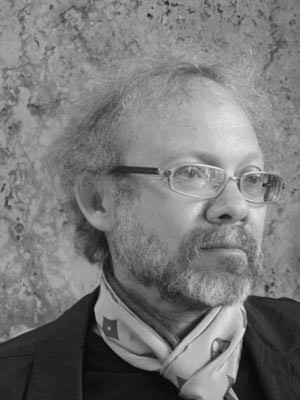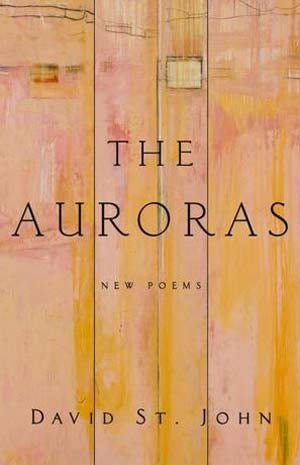|
|
David St. John was born in Fresno, California. He attended California State University, Fresno, and The Writer's Workshop at The University of Iowa. David St. John has been honored, over the course of his career, with many of the most significant prizes for poets, including fellowships from the National Endowment for the Arts and the John Simon Guggenheim Memorial Foundation, both the Rome Fellowship and an Award in Literature from the American Academy and Institute of Arts and Letters, the O. B. Hardison Prize (a career award for teaching and poetic achievement) from The Folger Shakespeare Library, and a grant from the Ingram Merrill Foundation. His work has been published in countless literary magazines, including The New Yorker, The Paris Review, Poetry, American Poetry Review, Harper's, Antaeus, and The New Republic, and has been widely anthologized. He has taught creative writing at Oberlin College and The Johns Hopkins University and currently teaches at the University of Southern California in Los Angeles, where he serves as Director of The Ph. D. Program in Literature and Creative Writing. David St. John is the author of nine collections of poetry, including Study for the World’s Body: New and Selected Poems, The Red Leaves of Night, Terraces of Rain, No Heaven, as well as Where the Angels Come Toward Us. His latest book, The Auroras, will be published in March 2012 by HarperCollins. |

